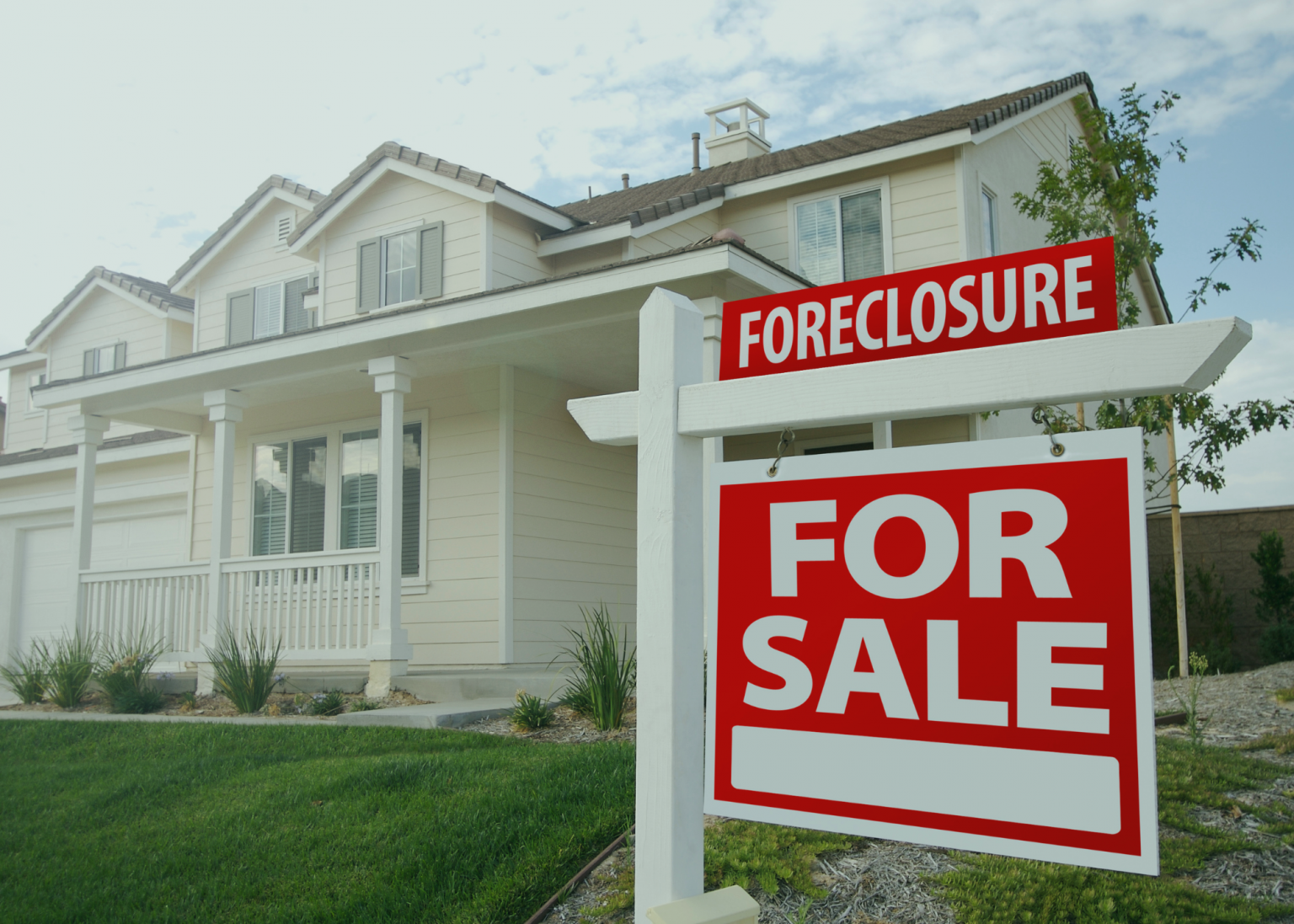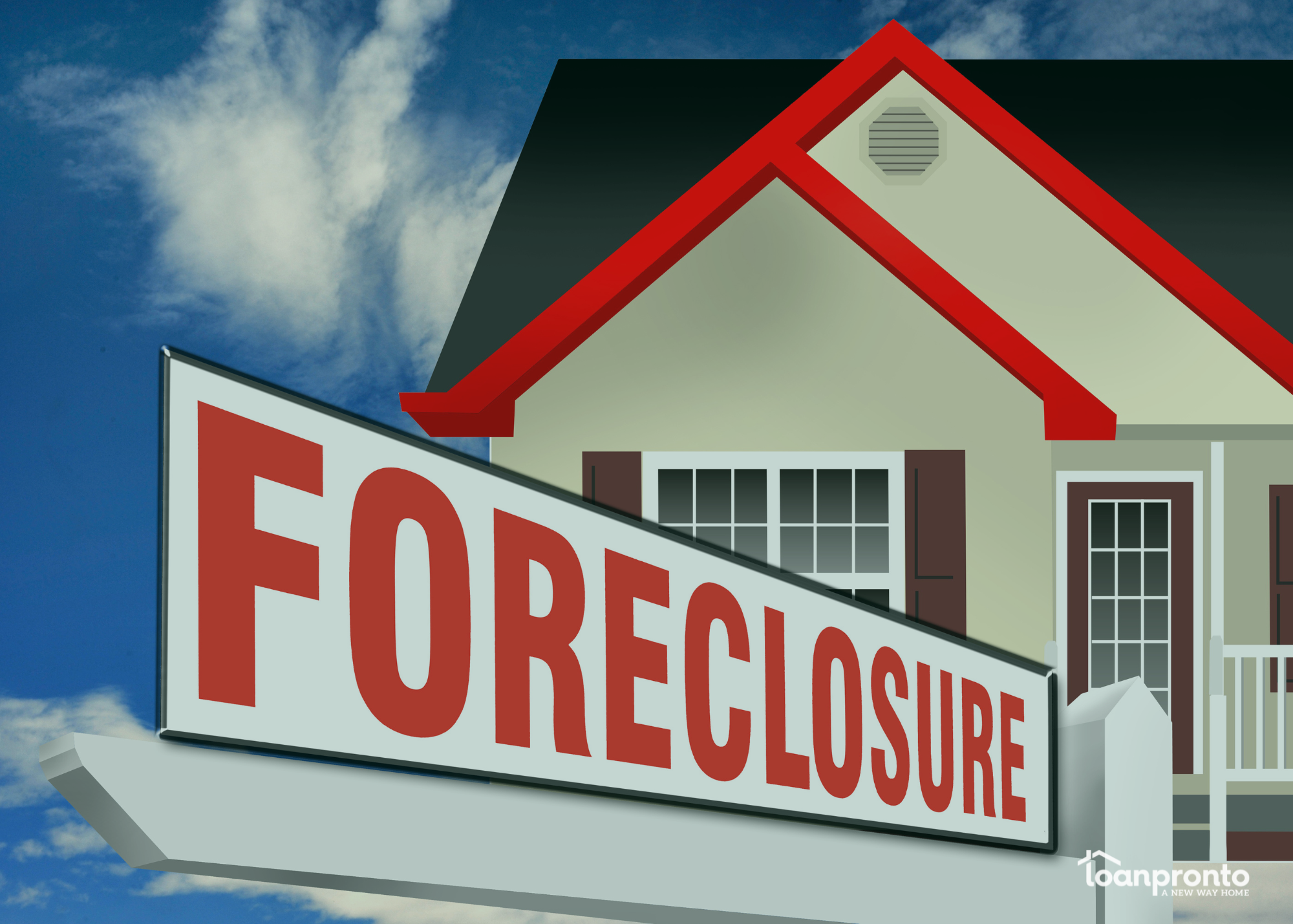Key Takeaways
-
Short sales cause less credit damage than foreclosures.
-
Mortgage waiting periods vary by loan type and financial history.
-
Extenuating circumstances can shorten waiting times with proper documentation.
-
Rebuilding credit is essential to qualifying for a new mortgage.
Facing a short sale vs. foreclosure can feel overwhelming, but knowing the distinctions and the mortgage waiting periods can help you plan for homeownership again. Both situations affect your credit and determine how soon you can qualify for a new mortgage. However, the severity of the impact and the required waiting period vary depending on the loan type and circumstances.
Understanding Short Sale vs. Foreclosure
A short sale occurs when you sell your home for less than the mortgage balance with lender approval. Although you may still owe the deficiency unless forgiven, a short sale generally damages your credit less than foreclosure.
A foreclosure, however, is an involuntary process in which the lender repossesses the property after missed payments. Foreclosure has a more serious effect on your credit and typically extends the waiting period before you can buy again.
How Short Sales and Foreclosures Affect Credit
The table below outlines the credit impact and waiting periods for different mortgage types.
| Event | Credit Impact | Conventional Loans | FHA Loans | VA Loans | Credit Report Duration |
| Short Sale | Less severe | 2–4 years (sometimes less with exceptions) | 3 years (1 year with extenuating circumstance) | 2 years, possibly shorter if prior payments were current | Up to 7 years |
| Foreclosure | Severe | 7 years (as little as 3 years with extenuating circumstance) | 3 years | 2 years | 7 years |
Note: Extenuating circumstances such as job loss or medical emergencies may shorten these waiting periods.
Why Short Sales Can Be Easier to Overcome
Short sales often leave borrowers in a better position to recover. With proper documentation and lender cooperation, borrowers may qualify for another mortgage sooner. For example, a conventional or VA loan may be available in as little as 2 years if prior payments were current at the time of the short sale.
How to Qualify for a Mortgage After a Short Sale or Foreclosure
To successfully secure a new mortgage, you’ll need to:
- Wait the required period based on the loan program.
- Rebuild credit by paying bills on time, lowering debt, and maintaining low utilization.
- Provide documentation for extenuating circumstances if applicable.
- Work with experienced lenders who understand post-short sale and foreclosure scenarios.
By following these steps, you can position yourself to re-enter the housing market with a stronger financial foundation.
Bottom Line
Experiencing a short sale or foreclosure can feel like the end of the road, but it doesn’t have to define your financial future. By understanding the differences between these events, knowing the mortgage waiting periods, and taking proactive steps to rebuild credit, you can position yourself for homeownership again. With the right strategy, discipline, and guidance from an experienced lender, buying a home after financial hardship is not only possible—it’s a realistic goal.
FAQs About Short Sales & Foreclosures
No SSN required. Zero impact to credit. Your Information is never sold.



